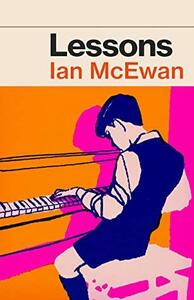Take a photo of a barcode or cover
emotional
reflective
sad
medium-paced
Plot or Character Driven:
Character
challenging
emotional
medium-paced
Plot or Character Driven:
Character
Strong character development:
Yes
Diverse cast of characters:
No
Flaws of characters a main focus:
Yes
dark
emotional
reflective
medium-paced
Plot or Character Driven:
Character
Strong character development:
No
Loveable characters:
No
Diverse cast of characters:
No
Flaws of characters a main focus:
Yes
emotional
reflective
slow-paced
Plot or Character Driven:
Character
Strong character development:
Yes
Loveable characters:
Yes
Diverse cast of characters:
Yes
Flaws of characters a main focus:
Yes
Graphic: Cancer, Pedophilia, Toxic relationship
adventurous
challenging
emotional
reflective
medium-paced
Plot or Character Driven:
Character
Strong character development:
No
Loveable characters:
Complicated
Diverse cast of characters:
Yes
Flaws of characters a main focus:
Yes
Peter I will get you
challenging
emotional
funny
reflective
sad
slow-paced
Plot or Character Driven:
Character
reflective
slow-paced
Plot or Character Driven:
Character
Strong character development:
Yes
Loveable characters:
Complicated
Diverse cast of characters:
Complicated
Flaws of characters a main focus:
Yes
wow that took a while to complete.
emotional
hopeful
reflective
slow-paced
Plot or Character Driven:
Character
Strong character development:
Yes
Loveable characters:
Yes
Diverse cast of characters:
No
Flaws of characters a main focus:
Yes
adventurous
dark
emotional
reflective
sad
slow-paced
Plot or Character Driven:
A mix
Strong character development:
Complicated
Diverse cast of characters:
No
Flaws of characters a main focus:
Yes



